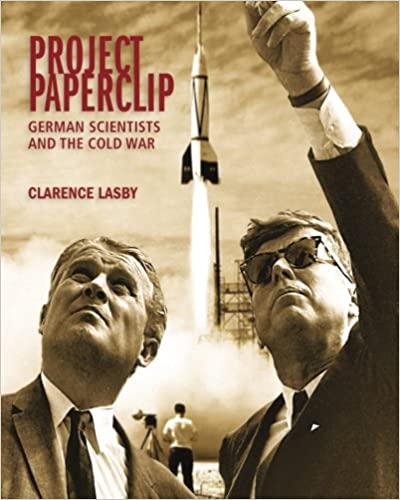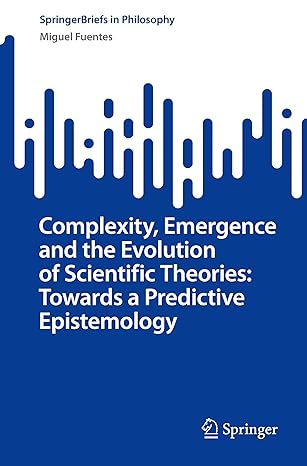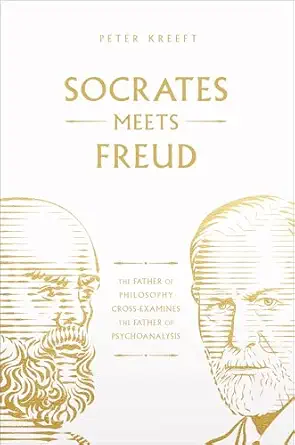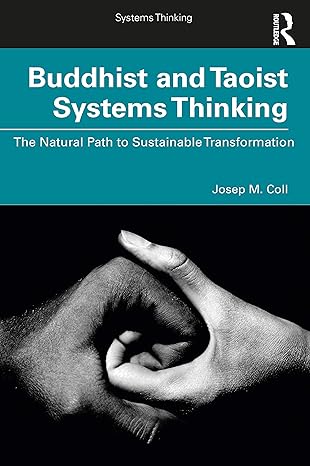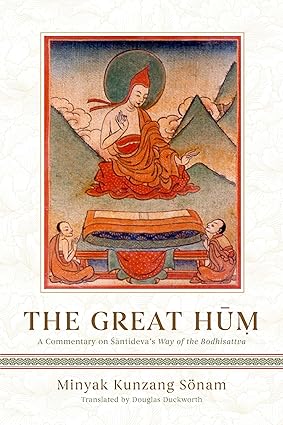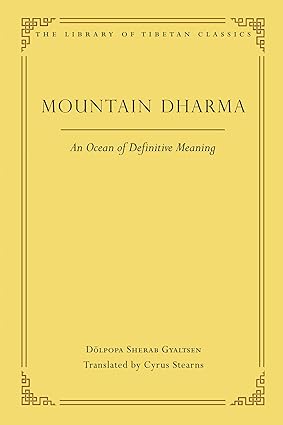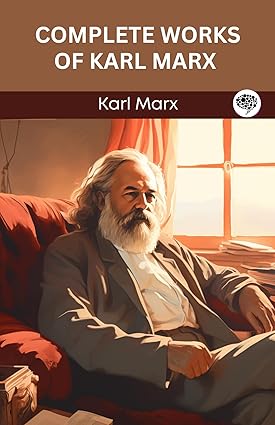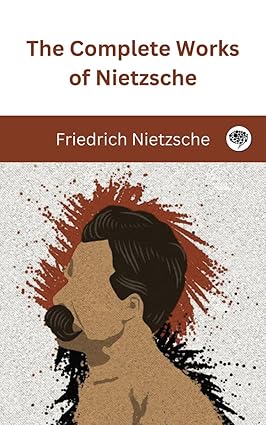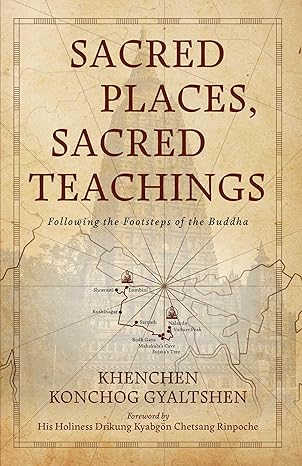At the close of WWII, Josef Stalin was outraged to learn that his solders hadn't captured even one of the foremost German rocket experts. "This is absolutely intolerable," he complained to one of his generals. "We defeated Nazi armies and occupied Berlin, but the Americans got the rocket engineers. What could be more revolting and inexcusable?"
The answer to Stalin's question is the subject of "Project Paperclip: German Scientists and the Cold War." Amidst, the chaos of the collapsing Third Reich, a host of American intelligence teams competed with their counterparts from England, France, and Russia in a race for "intellectual reparation," including the roundup of German scientific experts. The United States acquired 642 of them.
The resulting program, codenamed "Project Paperclip," made only faltering headway while authorities deliberated, for seven years, over the necessity, legality, morality, and means of importing and exploiting their former enemies. Not until 1958 did Project Paperclip reach fulfillment, when Dr. Wernher von Braun and his rocket team placed in orbit the first American satellite, Explorer I.
For his definitive study, Professor Clarence Lasby, Associate Prof. of History at the University of Texas at Austin, interviewed and corresponded with more than 200 participants of Project Paperclip, and studied thousands of classified documents in the secret files of the U.S. Army, Air Force, and Navy. The result is a compelling and comprehensive account of one of the most fascinating aspects of postwar history, which ultimately changed the course of American policy, industry, and society.
چکیده فارسی
در پایان جنگ جهانی دوم، یوزف استالین از شنیدن اینکه سربازانش حتی یکی از برجسته ترین متخصصان موشکی آلمان را دستگیر نکرده اند، خشمگین شد. او به یکی از ژنرال های خود شکایت کرد: «این کاملا غیرقابل تحمل است. ما ارتش نازی ها را شکست دادیم و برلین را اشغال کردیم، اما آمریکایی ها مهندسان موشک را به دست آوردند.
پاسخ به سوال استالین موضوع «پروژه گیره کاغذ: دانشمندان آلمانی و جنگ سرد» است. در میان هرج و مرج رایش سوم در حال فروپاشی، مجموعه ای از تیم های اطلاعاتی آمریکایی با همتایان خود از انگلیس، فرانسه و روسیه در مسابقه ای برای "غرامت فکری" از جمله جمع آوری کارشناسان علمی آلمانی به رقابت پرداختند. ایالات متحده 642 مورد از آنها را به دست آورد.
برنامه به دست آمده با نام رمز «پروژه گیره کاغذ» در حالی که مقامات به مدت هفت سال در مورد ضرورت، قانونمندی، اخلاقیات و ابزارهای واردات و بهره برداری از دشمنان سابق خود بحث می کردند، تنها پیشرفت ضعیفی داشت. تا سال 1958 پروژه گیره کاغذ به سرانجام نرسید، زمانی که دکتر ورنر فون براون و تیم موشکی او اولین ماهواره آمریکایی به نام کاوشگر I را در مدار قرار دادند.
برای مطالعه قطعی خود، پروفسور کلارنس لاسبی، دانشیار تاریخ در دانشگاه تگزاس در آستین، با بیش از 200 شرکت کننده پروژه Paperclip مصاحبه و مکاتبه کرد و هزاران سند طبقه بندی شده را در پرونده های محرمانه ارتش ایالات متحده، هوا مطالعه کرد. نیرو و نیروی دریایی. نتیجه یک گزارش قانعکننده و جامع از یکی از جذابترین جنبههای تاریخ پس از جنگ است که در نهایت مسیر سیاست، صنعت و جامعه آمریکا را تغییر داد.
ادامه ...
بستن ...
- ISBN-10 : 1542407494
- ISBN-13 : 978-1542407496
ادامه ...
بستن ...
